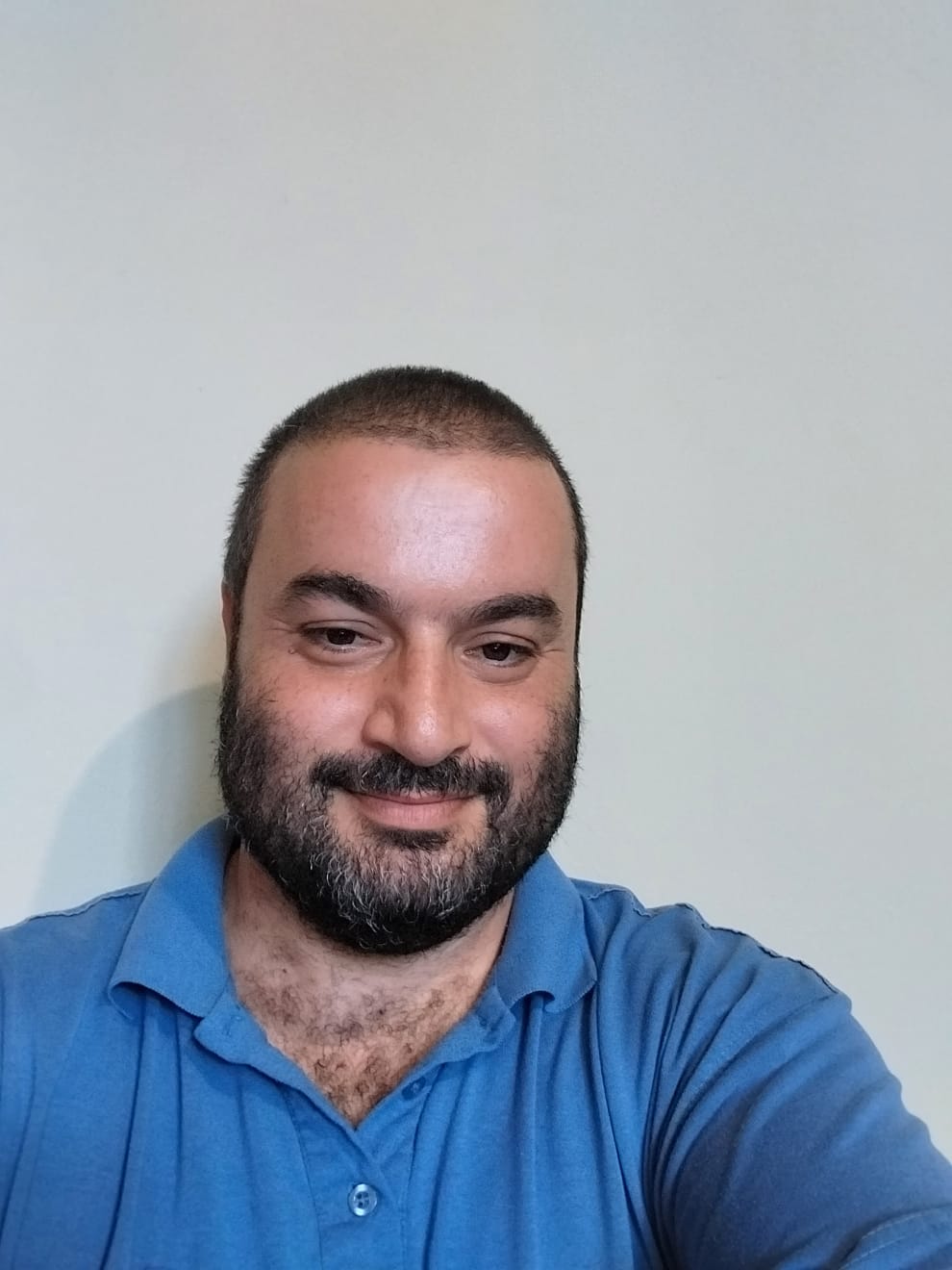




Professor Shtub is a Professor Emeritus from Technion - Israel Institute of Technology, where he was the Stephen and Sharon Seiden Chair in Project Management and head of the Project Management research center.
He is the founder of Sandboxmodel an offspring of Technion focusing on advanced project management tools.

Nadav is a Post Doctoral researcher at IMT School of advanced studies, Lucca, Italy.
He is also a Lecturer at the Ruppin Academic Center in Cyber Security and Software Development.
Nadav is a freelance cyber security and software algorithms researcher and has been teaching different Computer Science courses in academia for more than a decade.